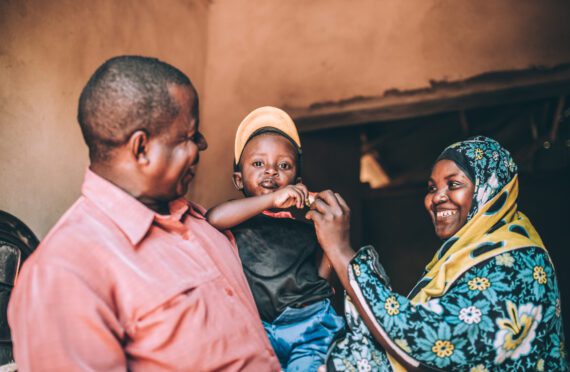Columbia, S.C.– In response to the proposal by presidential candidate Jeb Bush to eliminate the federal Supplemental Nutrition Assistance Program (formerly known as food stamps) and replace it with block grants to the states to pay for programs that assist lower-income residents, Bread for the World president Rev. David Beckmann released the following statement:
“There are some good ideas in Governor Bush’s proposal, including expanding the earned income tax credit to childless workers and younger workers. But ending the Supplemental Nutrition Assistance Program (formally known as food stamps) and replacing it with block grants is not the way to go.
“Food stamps have been, and continue to be, a lifeline for millions of needy families facing tough times. The program does not just help people facing hardship, but it is also an investment in our future. Research shows that when kids receive food assistance, there are lifelong benefits in health, education, and earnings.
“When the needs increase – as occurred in dramatic fashion during the Great Recession – a block grant is likely to run out before everyone in need is served. The structure of block grants also makes nutrition assistance more vulnerable to funding cuts and to having its funding diverted to other purposes.”



